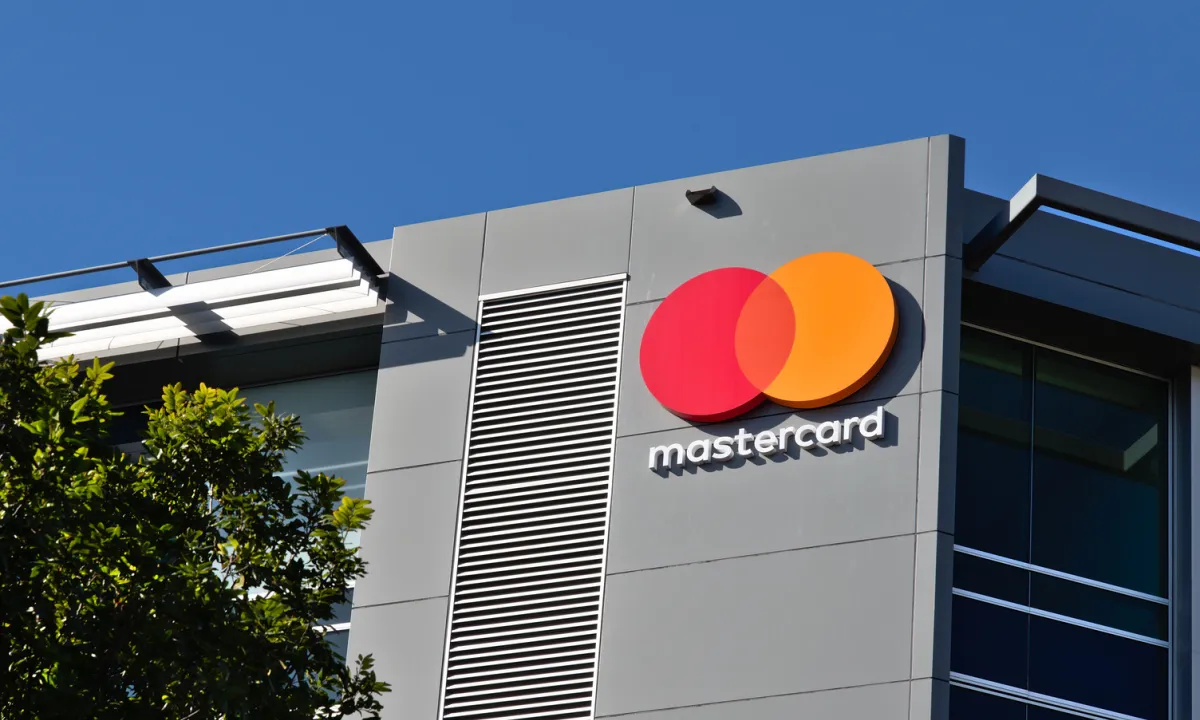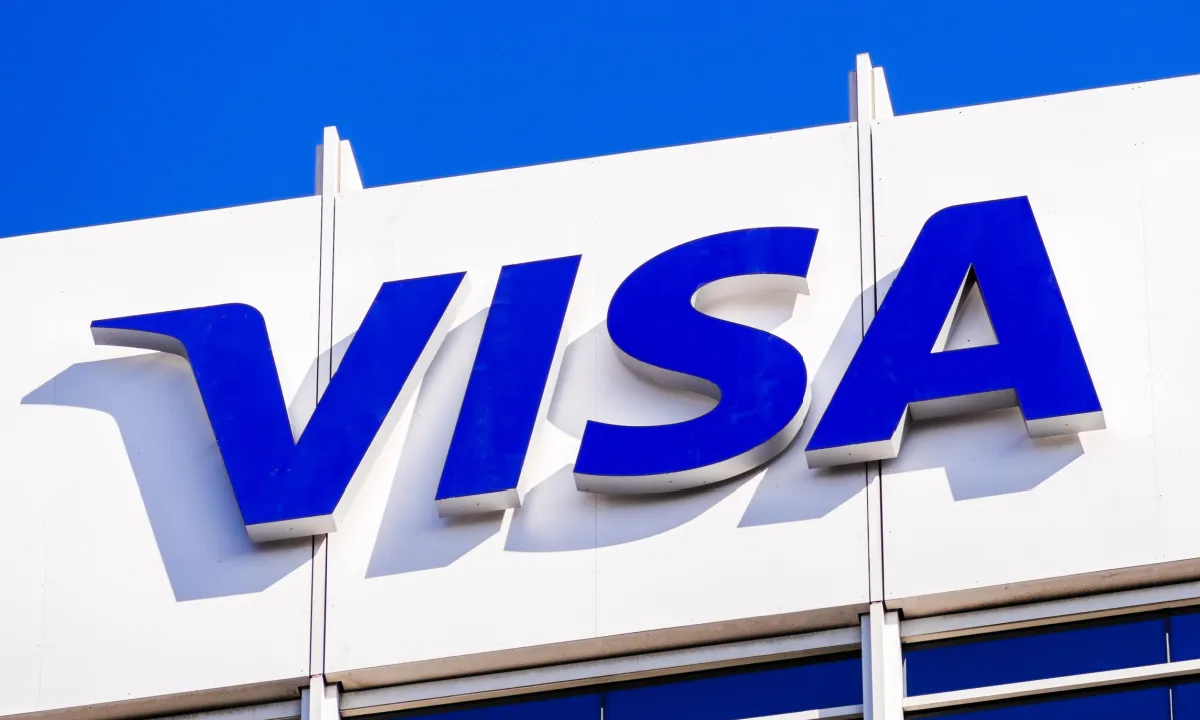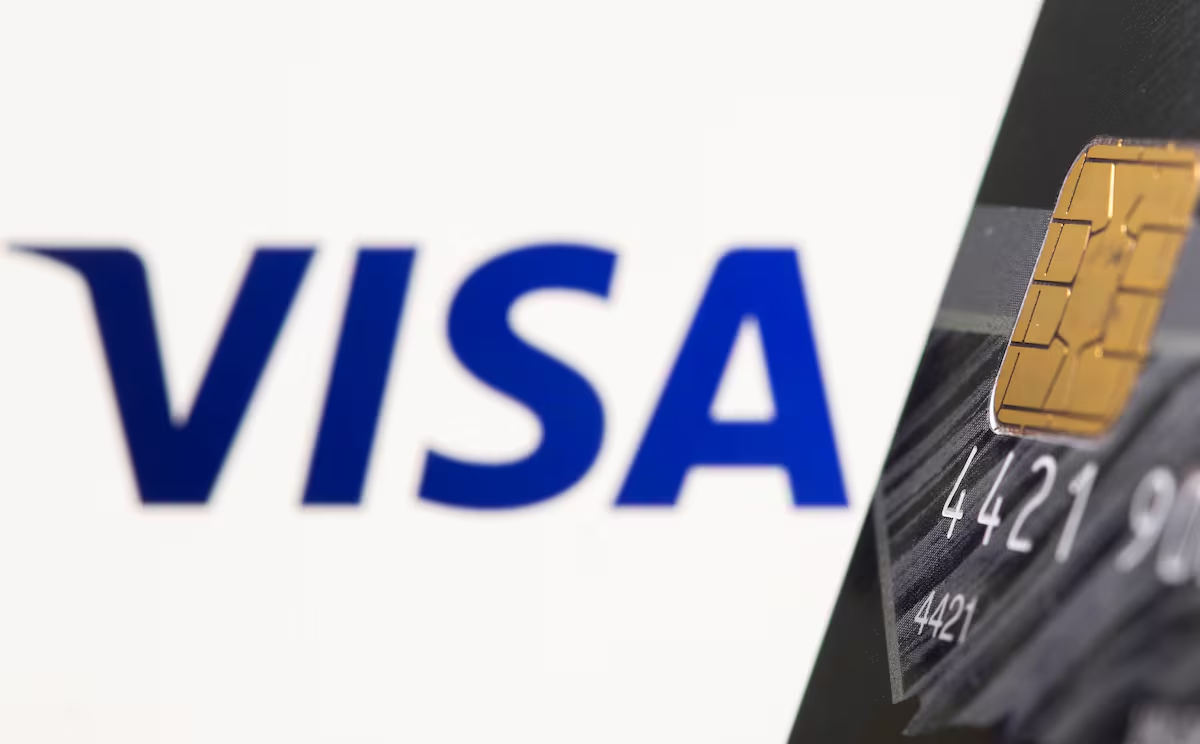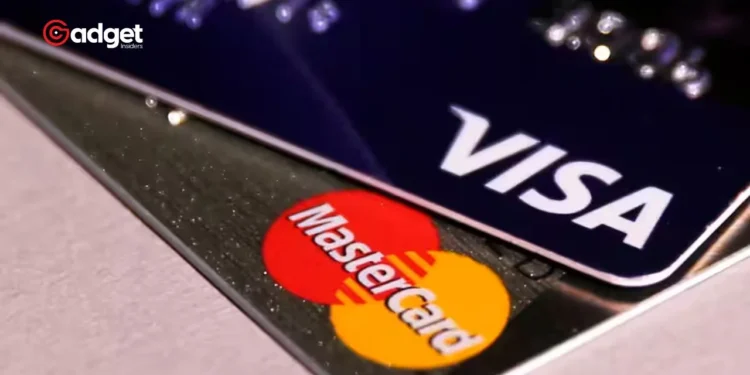In a landmark settlement that underscores the ongoing scrutiny over ATM fees, Mastercard and Visa have agreed to pay a hefty $197 million to conclude a class action lawsuit accusing them of anti-competitive practices. This settlement not only highlights significant consumer discontent but also marks a pivotal moment in the financial services landscape.

The Settlement Details: A Closer Look
Visa and Mastercard’s decision to settle comes after intense legal scrutiny, including a refusal by the U.S. Supreme Court to review the case, thereby allowing the proceedings to continue.
According to documents filed in court, this agreement is a response to allegations that the two payment giants colluded to fix the prices of ATM services, thereby stifling competition among ATM networks.
“The settlement is an excellent result,” stated the plaintiffs’ lawyers in the court filings, celebrating the recovery rate of between 23.1% and 38.2% as exceptional for a class action suit of this nature.
Visa has agreed to pay $104.6 million, with Mastercard covering the remaining $92.8 million, contributing to a total recovery of $264.24 million when combined with a previous $66 million settlement from Chase, Wells Fargo, and Bank of America over similar charges.

Beyond the Settlement: The Evolving Role of ATMs
While this legal battle captures headlines, the world of automated teller machines themselves is undergoing a remarkable transformation. Traditionally seen as mere cash dispensers, ATMs are now evolving into more interactive, multifunctional tools that are part of a broader, connected economy.
According to Wittenbach, a leading manufacturer and distributor of cash automation systems, ATMs are thriving in non-traditional locations such as restaurants, doctor’s offices, and boutique retail stores.
There’s also an increasing demand for mobile ATM locations that can be transported to various sites depending on foot traffic. This adaptability not only enhances consumer convenience but also supports a range of economic activities in diverse settings.

A Financial Necessity for Many
Despite the rise of digital payments, cash remains a crucial part of the financial ecosystem, especially for those earning under $100,000 annually—about half of whom still regularly use cash, according to Atelos. Moreover, a significant portion of the U.S. population—30%, as per another study—prefers cash over other payment methods, underscoring its enduring value.
“In making cash more convenient, branch employees can be more productive and customer-centric,” notes a spokesperson from NCR Atelos, which operates the largest network of what it calls Interactive Teller Machines (ITMs).
These ITMs are designed not just to dispense cash but to offer full-service banking experiences, including deposit taking, cash recycling, and providing access to account information.

Conclusion: A Reflection on Consumer Rights and Technological Advancements
The settlement of the ATM fee lawsuit involving Visa and Mastercard not only represents a significant victory for consumer rights but also signals a crucial turning point for financial technology. As ATMs evolve to meet changing consumer needs and behaviors, the financial industry must continue to balance innovation with consumer protection. This case serves as a potent reminder of the importance of maintaining fairness in the competitive practices of such essential services.










